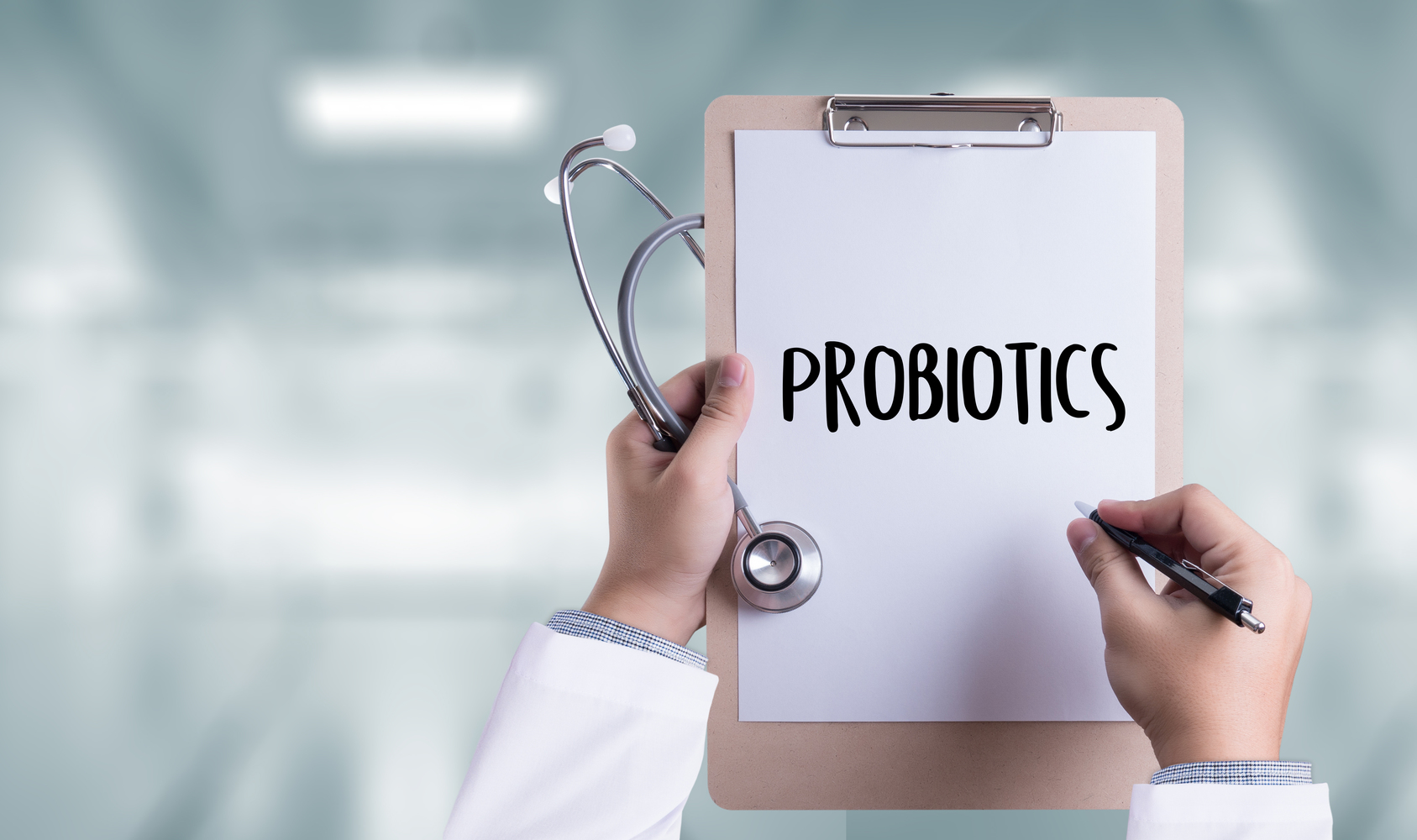How Digestive Enzymes and Probiotics Aid in Gut Health
Digestive enzymes primarily play the role of catalysts in speeding up life-preserving chemical reactions in the body. They help your body break down the food into micro and macronutrients that can then be absorbed and used by your body. Whereas probiotics are living microorganisms that can be consumed through supplements or fermented foods. Probiotics have a wide range of health benefits as well. Amazing foods that are rich in healthy digestive enzymes and aid gut health are kefir, bananas, soy sauce, pineapples, avocados, bee pollen, papayas, miso, kiwi, and tempeh. Moreover, the foods that are rich in probiotics other than the supplements are yogurt, kefir, sauerkraut, tempeh, kimchi, dark chocolate, green peas, cottage cheese, and tempeh.

Balance the friendly bacteria in your digestive system
Digestive enzymes and probiotics restore the natural balance of gut bacteria. An imbalance means that there are not enough good bacteria and too many bad bacteria. This can happen because of illness, poor diet, and medications like antibiotics as well. The imbalance may lead to health issues like digestive problems, allergies, obesity, mental health problems, and more.
They help to digest carbohydrates
Enzymes and probiotics are vital to your digestive process because they are needed to process the food in your diet.
They help to digest protein
The digestive enzyme protease helps you to digest protein. It is essential that your body digests protein as undigested protein particles can pass through your intestinal wall and eventually end up in your bloodstream. This can lead to a leaky gut syndrome and can cause allergic reactions ranging from abdominal pain to fever. When protein is properly absorbed in the body, it helps in the rebuilding of muscles and cell tissues.
They help in losing weight and belly fat as well
Through some different mechanisms, probiotics may help to lose weight. Some probiotics prevent the absorption of dietary fat in the intestine. Thereby, the fat is not stored in the body and is excreted in the feces. Probiotics help you feel fuller for longer, store less fat, and burn more calories. Some probiotics also help to speed up weight loss, while some have been linked to weight gain as well.
Reduce the symptoms of certain digestive disorders
People with mild ulcerative colitis have reduced symptoms by consumption of probiotics. Probiotics also help with symptoms of irritable bowel syndrome. They have also been showing a reduced risk of severe necrotizing enterocolitis by 50%. This condition occurs in premature infants and is a fatal bowel.
Help in prevention of diarrhea
To prevent diarrhea or reduce its severity, probiotics are widely known to be of great help. Diarrhea occurs because antibiotics can negatively affect the balance of good and bad bacteria in the gut. This condition can be reduced and prevented by consumption of probiotics. However, the effectiveness may vary depending on the type and dose of the probiotics taken.
